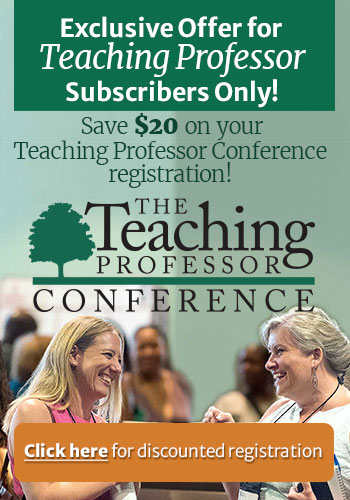
The Power of Professor Engagement: Connecting through Student Success
In higher education, student success is a widely used yet insufficiently defined concept. While some students equate success with academic performance, others view it through lenses of personal development, career preparation, or perseverance in overcoming obstacles. These varied definitions are shaped by diverse personal, environmental,













